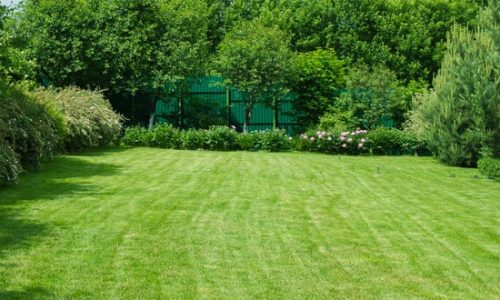A healthy lawn is the foundation of a beautiful outdoor space. By following a few simple maintaining tips, you can ensure that your lawn stays vibrant and green throughout the year. In this post, we’ll provide you with essential guidelines for lawn care, from mowing and fertilizing to watering and pest control.


By following these essential tips, you can maintaining a healthy and vibrant lawn that will enhance the beauty of your outdoor space. Remember, regular maintenance and attention to detail are key to achieving a beautiful lawn.
